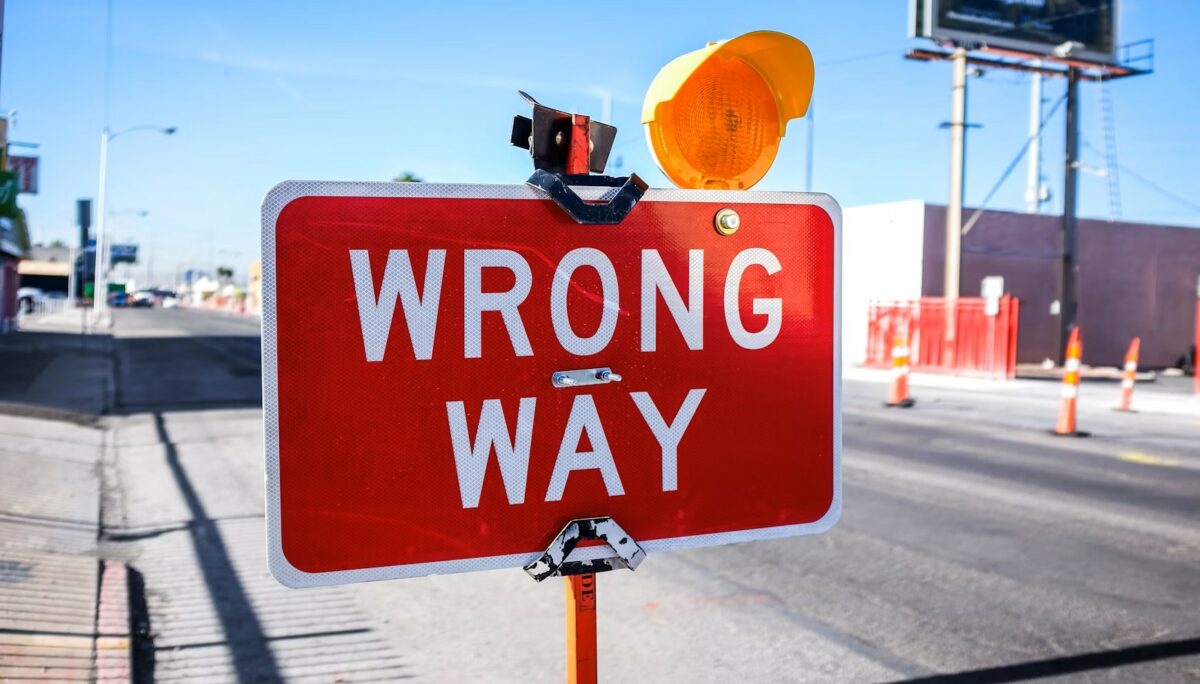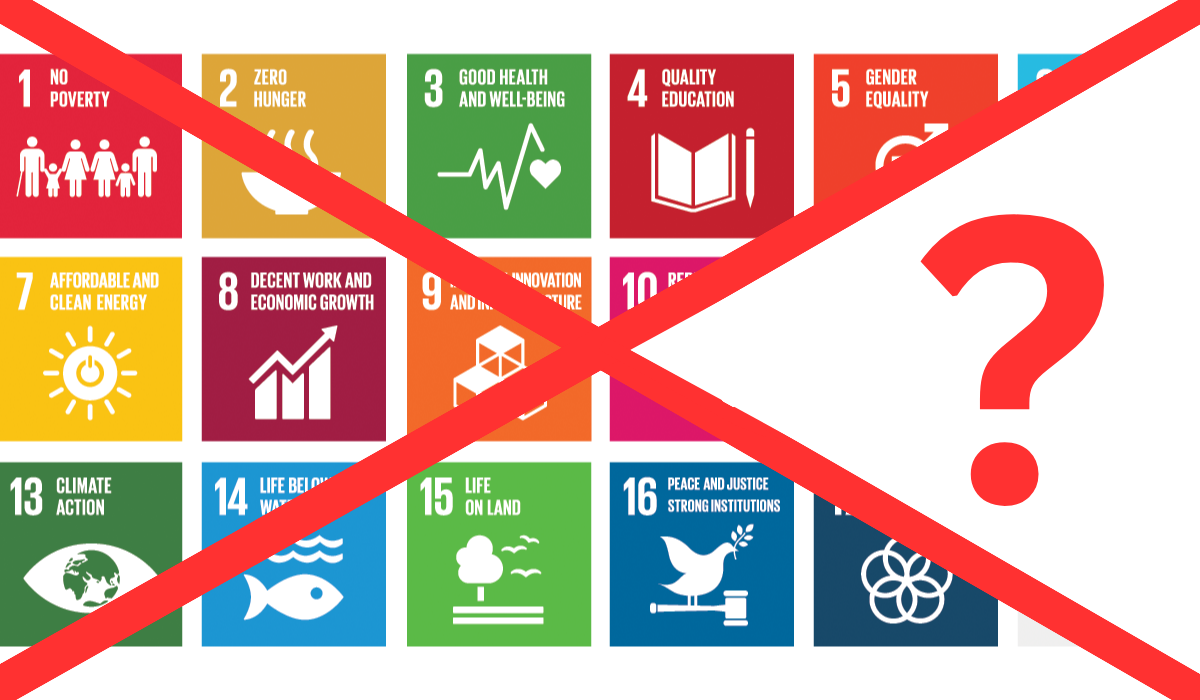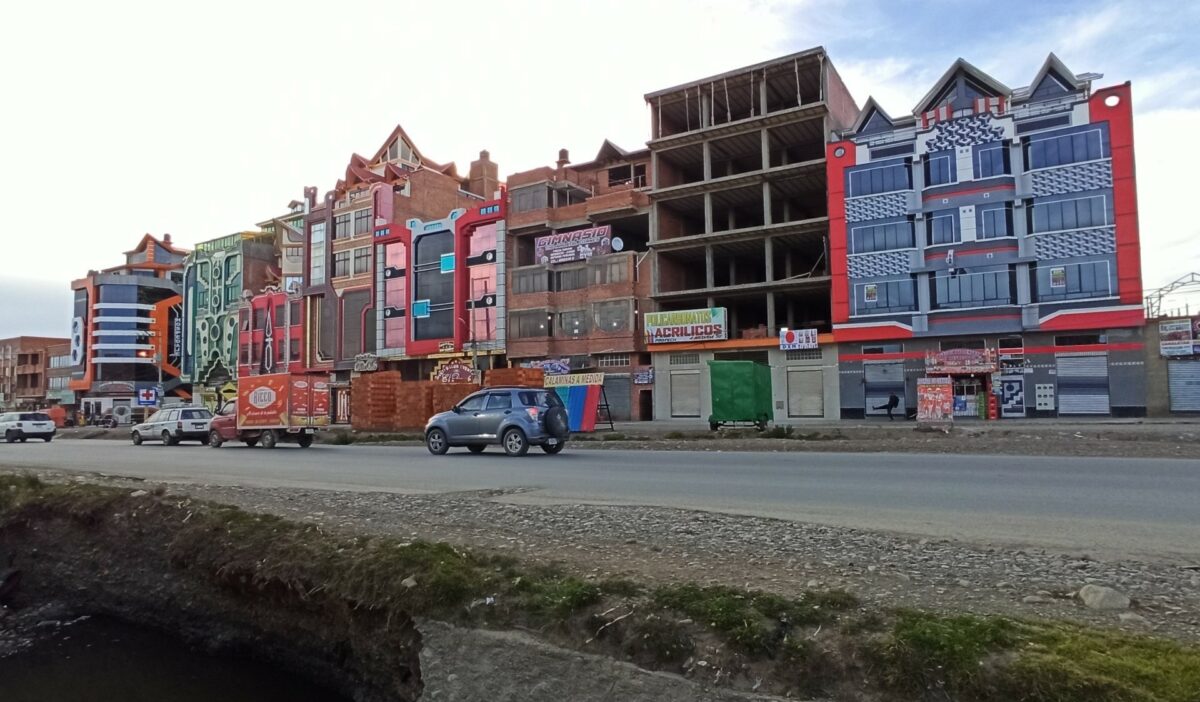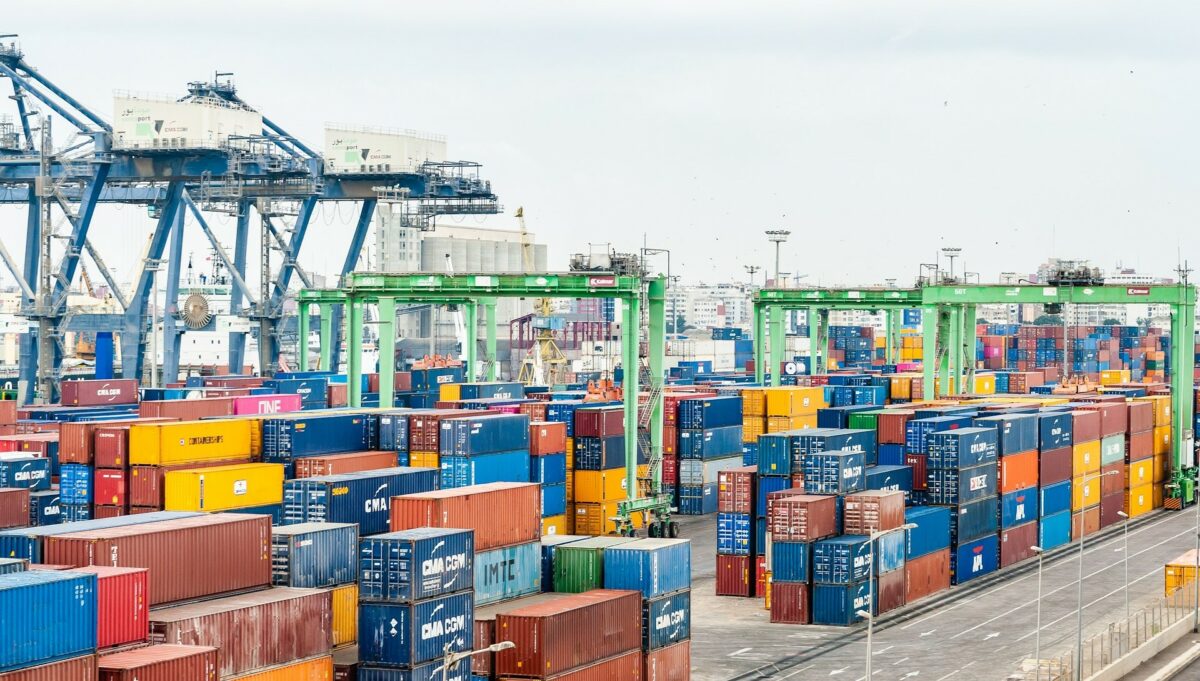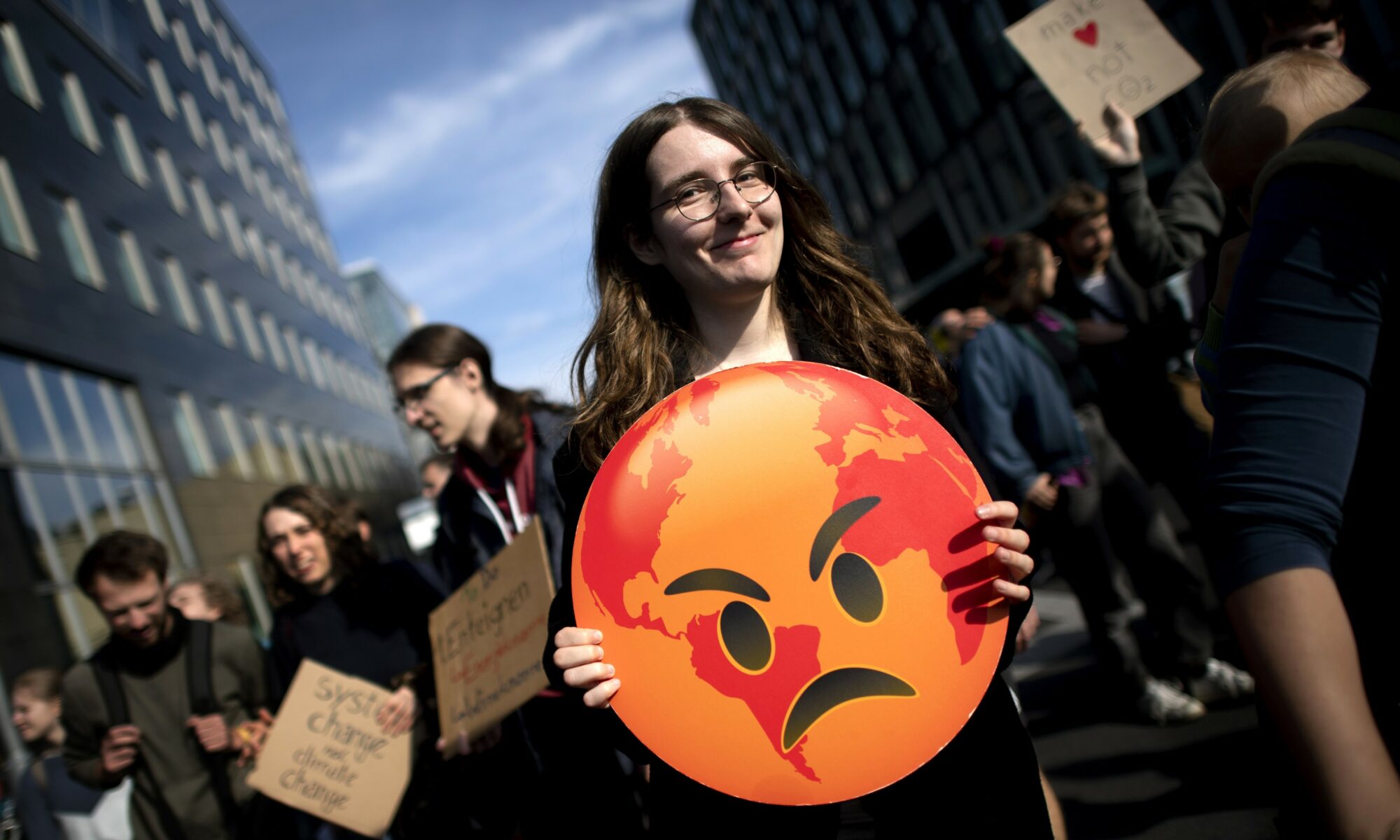By Ian Scoones
Uncertainties are everywhere, whether emerging through climate change, financial volatility, conflict or war. All too often we don’t know what the future will hold. This presents a big challenge for conventional styles of economic development where predictive models, blueprint plans and standardised policies hold sway. What would an economics for development look like if uncertainties – where we don’t know the likelihood of future outcomes – are taken seriously? This is the focus of a new paper in World Development, where we argue for a major recasting of economic thinking and practice, reclaiming older approaches that put uncertainty centre-stage.
Continue reading “Rethinking Economics for an Uncertain World: Challenges for Development”
